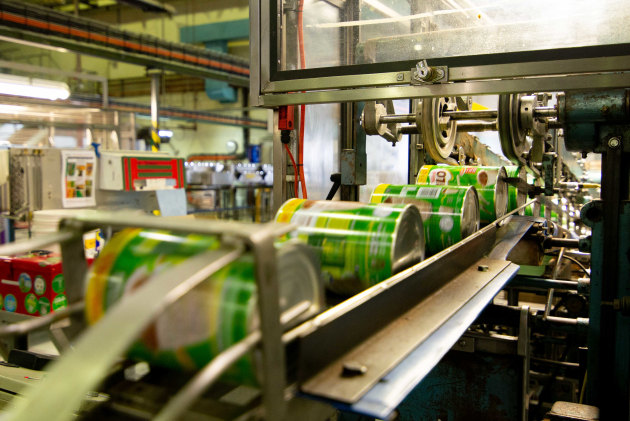Nestlé has reached 100 per cent renewable electricity across its Australian operations four years ahead of schedule. The achievement means brands KitKat, Milo, Allen’s, Nescafe, Uncle Toby’s and Purina are now produced in factories powered by wind energy.
The ten-year deal with CWP Renewables marks the company’s first Power Purchase Agreement (PPA) and will offset around 73,000 tonnes of carbon emissions per year.
Nestlé Oceania CEO Sandra Martinez said it was a “timely and important” step towards the company’s target of reducing net emissions by 50 per cent by 2030 and reaching net zero emissions by 2050.
“I am proud that we’ve been able to accelerate switching to 100 per cent renewable electricity for our sites, but there’s still more to be done. This is one more step on our roadmap.
“This builds on the work we are already doing to rethink our packaging, build sustainable supply chains, drive carbon neutral brands and transform our product portfolio with more plant-based foods and drinks,” said Martinez.
Generating enough electricity to power approximately 19,000 homes per year, CWP Renewables’ NSW Crudine Ridge and Sapphire wind farms will produce enough power to cover all of Nestlé’s Australian operations.
CWP Renewables CEO Jason Willoughby said the PPA would also support regional investment, with the two wind farms providing many jobs across its operations and more than $8 million being raised for local community project.
Road to zero
Being one of the country’s largest energy users, Nestlé's roadmap to net zero emissions by 2050 addresses the company's goals on multiple sustainability fronts. By 2025, the company will ensure 100 per cent of its packaging is recyclable or reusable and will incorporate 100 per cent renewable energy across all of its sites globally. Nestlé will also cut its virgin plastic in packaging by a third by 2025 and source 20 per cent of its key ingredients through agricultural methods by the same date.
Greenpeace Australia Pacific REenergise campaign director Lindsay Soutar said although Nestlé and Greenpeace have not always shared the same viewpoint, the company’s renewable electricity accomplishment four years early is good progress.

“Nestlé has a long way to go to become truly sustainable, and while making a shift to 100 per cent renewables is a good first step, we’re not letting them off the hook on crucial issues like plastic pollution and palm oil, which is causing devastation in forests across the world,” said Soutar.
In September, the company invested $1.77 billion to transition to a food regenerative system which included a new living income program for farmers for its value chain over the next five years.
Greenpeace Australia Pacific CEO David Ritter added: “The corporate momentum around the energy transition is building, and while companies like Nestlé have much work ahead of them to become sustainable, this is a step in the right direction.”
Nestlé is continuing to build on its regenerative food system by planting 20 million trees per year, aiming to be 100 per cent deforestation free for its primary supply chain by 2022 and producing 100 per cent certified sustainable cocoa and coffee by 2025. It will also reduce 21 million tonnes of emissions produced by its dairy and livestock ingredients by 2030.
The company’s product portfolio is also reflective of its sustainability actions, in April a 6000 square metre facility in Malaysia was developed to increase Nestlé’s plant-based capacity to 8000 tonnes of plant-based per year.
The company has made several products including its Milo Plant-Based Energy, Uncle Toby’s Oat Milk range and the vegan Kit Kat V, as it progresses in the plant-based sector.








